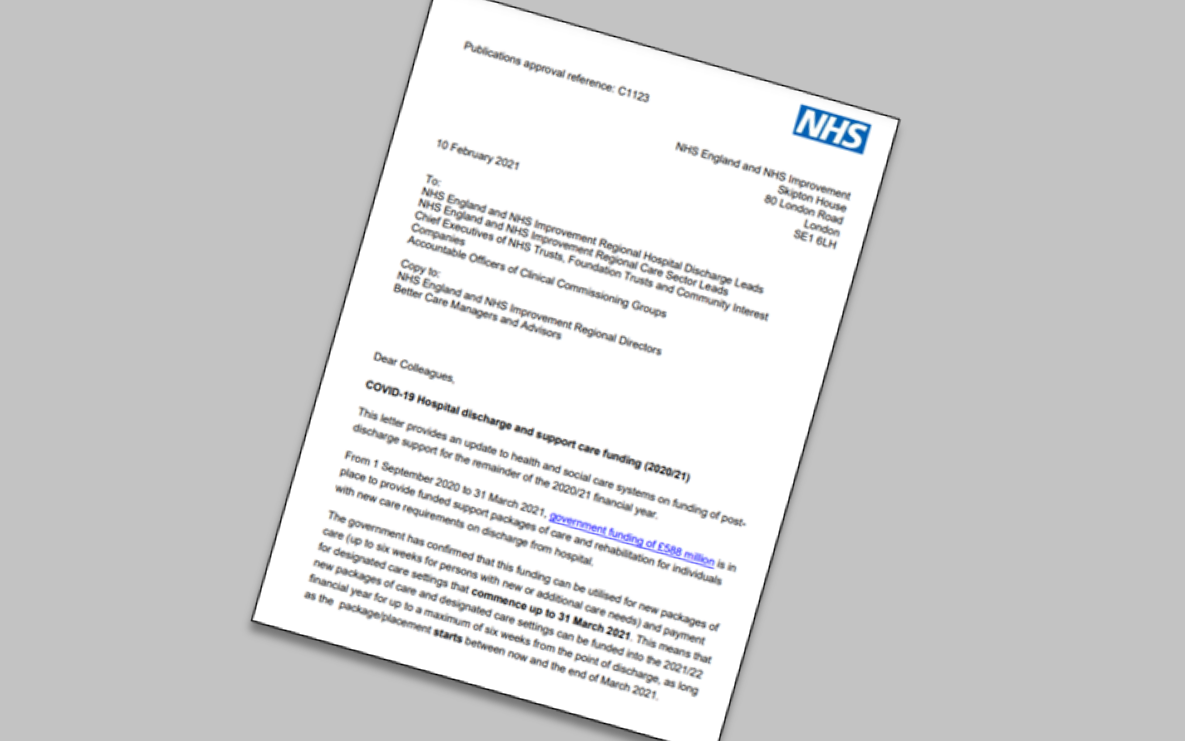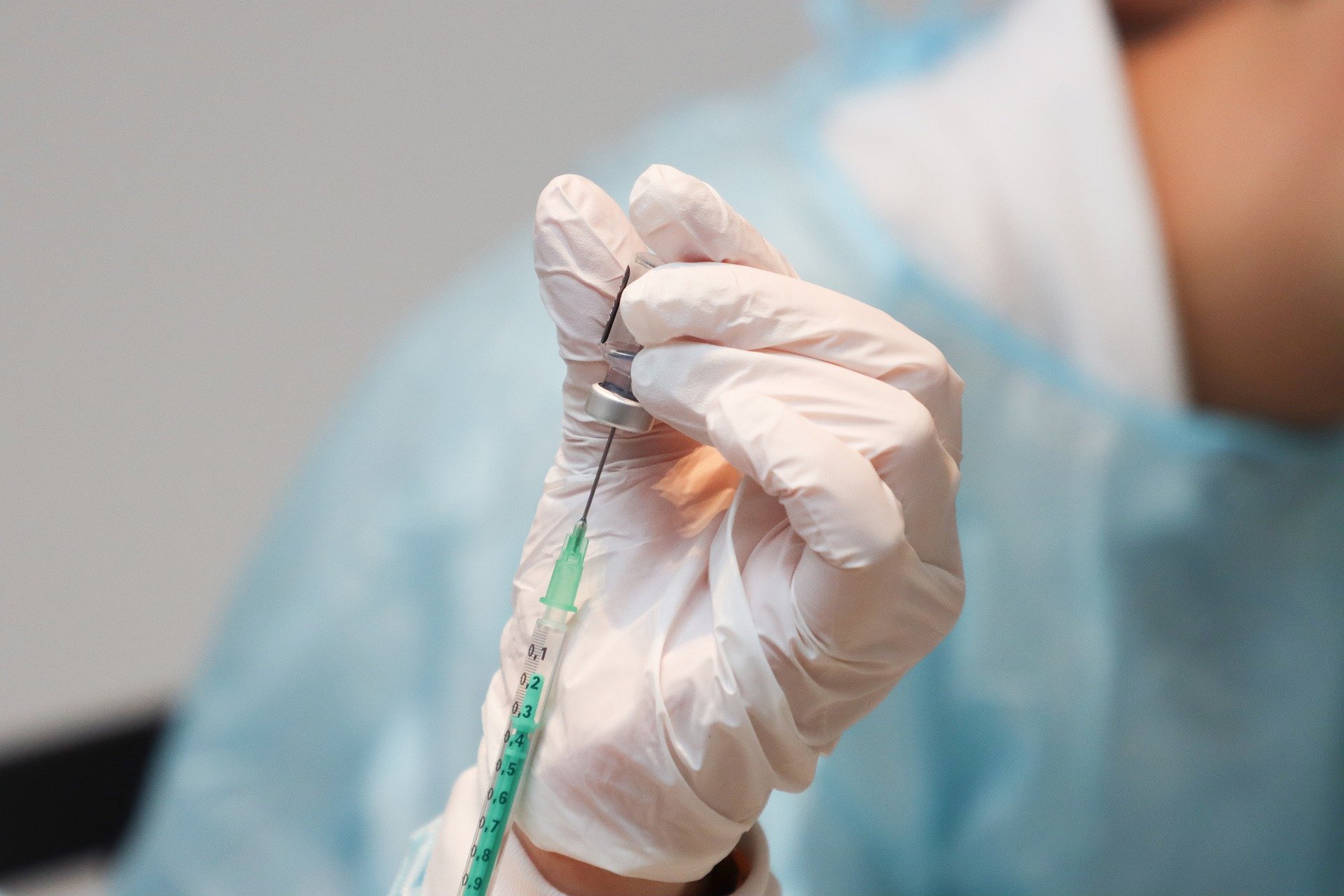In the BGS guidance on managing the COVID pandemic in care homes, last updated in November 2020, we said that ‘all admissions to care homes, regardless of status, should be quarantined for 14 days isolation.’ This continues to be in line with Public Health guidance.
A number of things have, however, changed in UK care homes since November 2020. Firstly, vaccination has taken place, with all eligible residents now having been offered and having completed both doses of the vaccine. Secondly, background prevalence of COVID has fallen substantially, as has the prevalence of COVID in hospital populations, meaning that the risk of a resident admitted to a care home being COVID positive is much lower. Thirdly, point of care testing for COVID has become widely available, and capacity in PCR testing for care homes has improved to the point where delays in testing are very unlikely. Meanwhile, care home managers, residents and relatives around the country are reporting substantial harm – physical, cognitive and emotional – as a consequence of social isolation and restriction on movement. There are also human rights concerns associated with long-term restrictions on residents' movements which have been in place, in one form or another, for over a year now.
Whilst recognising the ongoing need to protect care home residents from COVID, the BGS calls on national public health bodies to review, and remove at the earliest possible opportunity, restrictions on the movements of residents, including the requirement at the point of admission that they isolate for 14 days. The improvement of other controls against COVID, the fall in prevalence of the infection, and the growing evidence of substantial harms associated with isolation mean that we have reached the point where the harms of such policies outweigh the benefits. No decision is without risks, but the BGS believes the balance has tilted and it is time for the policy on routine 14-day isolation to change.

